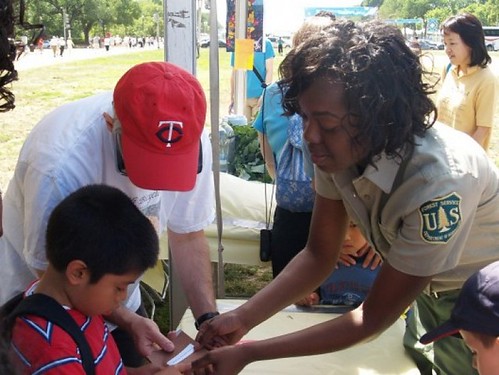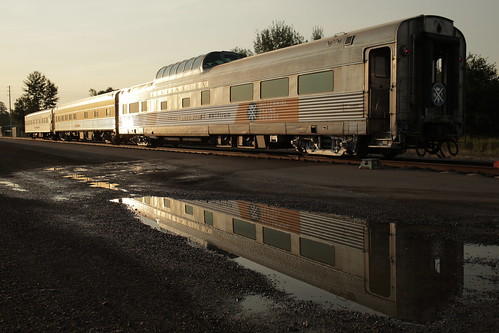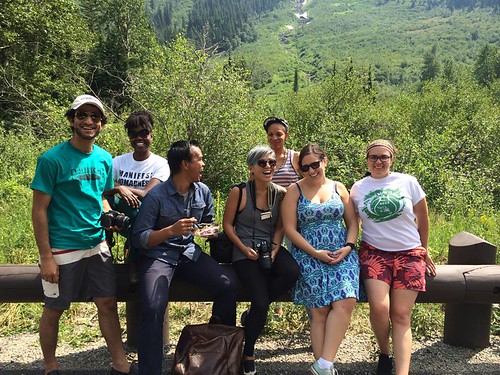

Of all the places I expected to have a life-changing experience, I would never have guessed it would involve a moving train on a transcontinental journey with other young professional millennials.
But somewhere between Whitefish, Montana, and St. Paul, Minnesota, I realized that this journey would transform my outlook as a public servant.
The Millennial Trains Project is a non-profit organization that offers transcontinental train journeys for diverse groups of young people to explore America’s new frontiers. This leadership training program transports millennials across the country in vintage train cars to interact and share innovative ideas and to participate in projects that benefit, serve and inspire others. Our trip started in Portland, Oregon, and we rode the rails to New York, New York.
Twenty-five of us signed on to promote our passions across America with projects ranging from disaster preparedness to racial healing to sustainable living.
As a U.S. Forest Service employee, my project focused on getting more youth outdoors and interested in green jobs. I thought the best way to do this was meeting with youth groups to talk about the great outdoors and careers involving stewardship of natural resources.
It wasn’t long before my perspective changed.
While I found youth participating in outdoor educational programs, I didn’t find them in green spaces for leisure activities.
The more time I spent with young people and environmental educators, I realized that without an environmental ethic, no sustainable shift could occur.
Many young people are disconnected from nature and can’t explain how the act of littering affects an ecosystem or even their personal lives. To build a sustained environmental ethic, youth need consistent contact with natural spaces and a mentor who understands and embodies these connections.
Although speaking to young people is beneficial – especially for youth of color who see few people of color in careers caring for natural resources – the greatest benefit of my training is a better understanding of the Forest Service’s roll in increasing youth outdoor engagement.
My major takeaway: working as a public servant is about empowerment. In our roles, we build professional connections; offer resources and support innovative solutions that help the public build healthy, prosperous and civic-minded communities.
Stronger community collaboration gives everyone a role in creating positive change. The task to improve the environmental ethic of youth extends from a parent who gardens to the grocer who promotes reusable bags.


As I continue my career, I am motivated by the increased role that my agency has embraced to motivate, educate, employ and inspire young people – particularly through social media. Our varied partnerships span more than 7,000 communities nationwide, and influence urban and rural youth.
Through this team of diverse stakeholders we are reconnecting young people to their green spaces.
Young people are passionately in love with the outdoors. They just don’t know it yet.



